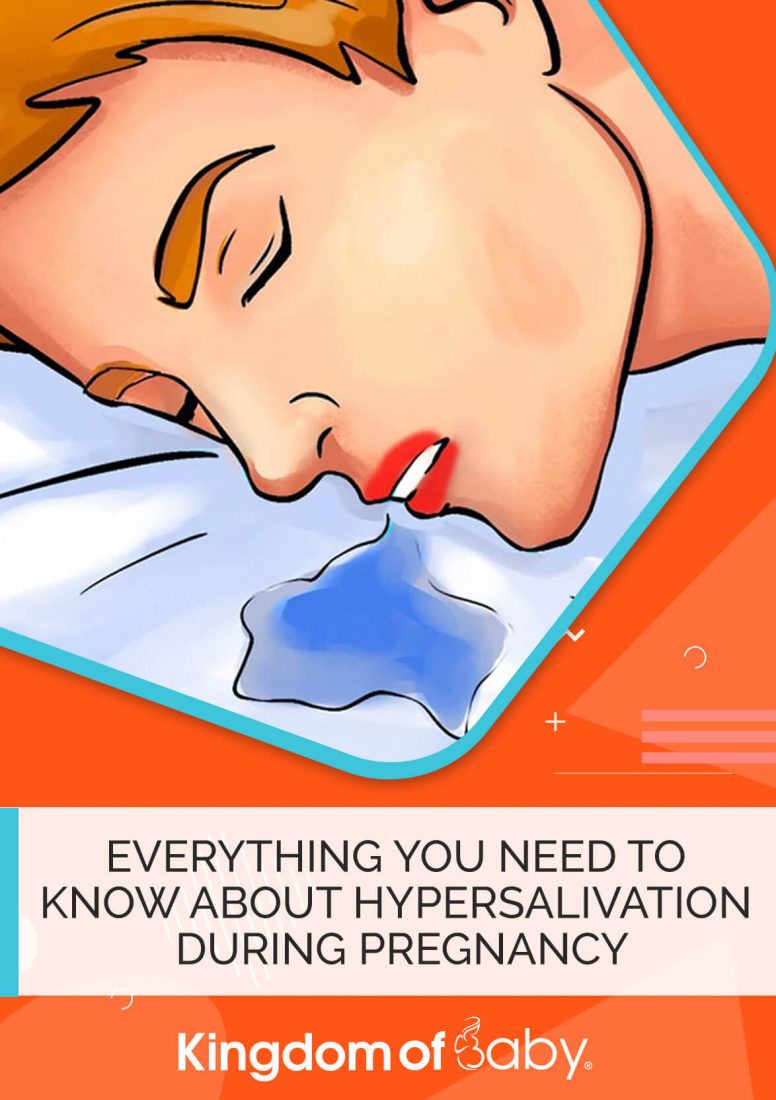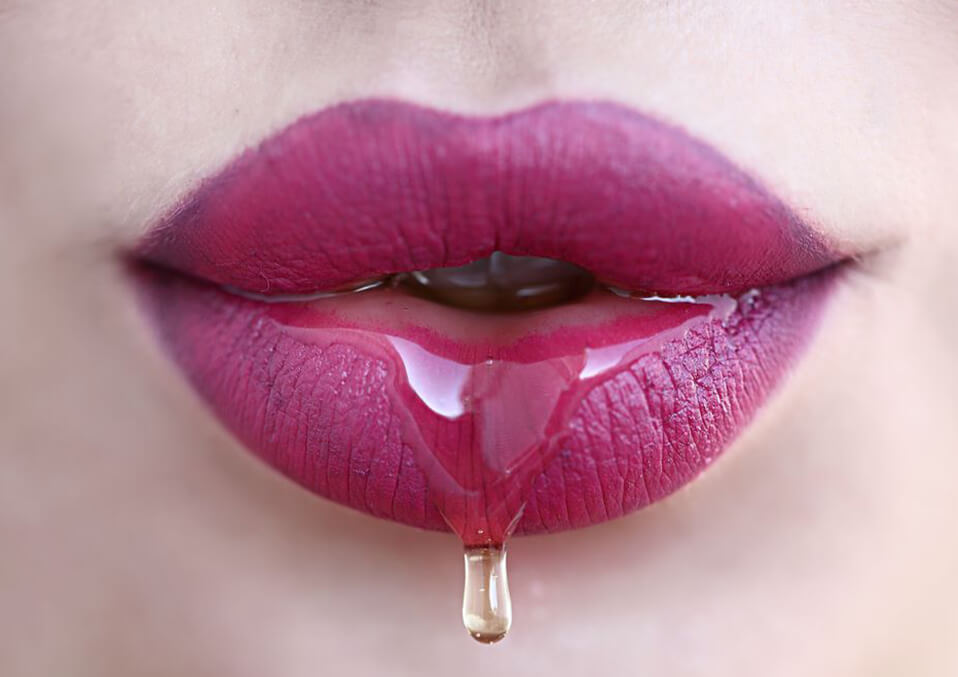
A lot of body changes happen in the course of a woman’s pregnancy. This is brought by fluctuating pregnancy hormones. Some of these changes are unpleasant and inconvenient for others. Let’s say urinating or peeing from time to time. It is a bit tedious and tiring going to the toilet over and over again with that bulging stomach right? Moreover, pregnant women usually spit or salivate too much during this time. So why excessive spitting happens during pregnancy? Is this a common thing while being pregnant or not? When does this condition begin? Are there any ways or methods to treat it? Find out everything you need to know here!
Is too much saliva during pregnancy common?

Too much spitting or excessive saliva is known as hypersalivation or called ptyalism or sialorrhea. Excessive saliva during pregnancy is common. This usually occurs in the first stage of pregnancy but tend to reduce as time passes by. Although, it may resume in the second trimester and sometimes until the delivery period when you have nausea. The amount of saliva goes up when you are pregnant compared to an average person who has around 60 ounces of saliva daily. Nausea or vomiting causes the change of saliva production in pregnant women and they would usually have difficulty swallowing it. Nonetheless, this is just normal.
When does hypersalivation begin?

Hypersalivation in pregnancy starts in the first trimester commonly in the second or third week. It reduces by the start of the second trimester for some women. However, for others, the condition continues in the whole course of pregnancy and disappears only upon delivery.
Causes of hypersalivation in pregnancy

There is no definite reasons for excessive salivation during pregnancy. This is most likely due to hormonal changes. Fact check, you don’t need to worry about anything with this condition. Some causes that may point to excessive saliva during pregnancy are listed below.
- Nausea. This is a common symptom that pregnant women experience in the first few weeks. This may be preventing you from swallowing leading to an excessive increase of saliva. It greatly affects morning sickness to pregnant women. Hyperemesis gravidarum is the condition wherein morning sickness is severe and lasts longer than usual.
- Heartburn. Heartburn or acid reflux is a painful burning feeling in the chest and throat. It occurs when stomach acid backs up into the esophagus. Pregnant women experience throat irritation from this. An increase in the production of saliva is caused by the acid activating the salivary glands.
Read also: Phantom pregnancy false pregnancy or pseudocyesis guide
- Medications. Excessive production of saliva is one of the side effects of some medicines. Some of these are tranquilizers, anticholinergic and anticonvulsants medicines. These intervene in the functioning of the salivary glands which block parasympathetic intervention leading to the increase of saliva production.
- Oral Infection. For pregnant women, it is essential to have optimal oral health. However, oral cavity problems can also happen to pregnant women. This increases the risks of an oral infection that can lead to ptyalism as well.
- Changes in hormones. As mentioned above, hypersalivation is produced more in the early stage of pregnancy. Experts said that this is caused by hormonal changes but there is no exact scientific fact to verify this yet.
- Maternal jitters. Physical discomfort and mental anxiety can happen during pregnancy. This results in swallowing less saliva when pregnant women are anxious, too much saliva then are being produced.
- Chemical irritation. Ptyalism during pregnancy can also be caused by exposure to some chemicals and toxins. Moreover, specific medications intended for oral infections and being vulnerable to pesticides or insecticides may result in an increase in saliva production.
How to treat hypersalivation in pregnancy?
- Make it a habit to brush your teeth at least twice a day. Moreover, use mouthwash to rinse as many times as possible to get rid of too much saliva.
- Keep a glass or a bottle of water at your reach always to stay hydrated all the time.
Read also: Pregnancy and chemical peeling everything you need to know
- Consume candy or chewing gum which is less on sugar in order to swallow the excess saliva. This will make swallowing of saliva easier but it will not reduce the production of it. Another way is munching an ice cube, this will make your mouth to feel numb and stops the secretion of saliva for a while.
- Eat a well-balanced meal and lessen the amount of food which contains too much starch. Throughout the day, try a small amount of meal at a regular interval. Most importantly, add vegetables and fruits that are rich in fiber to your diet.
- Spit out on your chosen container such as a cup, washcloth or tissue and throw it away when you are having difficulty swallowing your saliva.
- Chomp on parched biscuits for it will soak the excess saliva in your mouth.
- As the specific cause is not known regarding this condition, curing ptyalism with drug medications is a bit of a challenge. Phenothiazine and belladonna are considered to be taken but they have some side effects such as dry mouth and constipation.
Benefits of excess saliva in pregnancy
- Neutralizing stomach acids which cause burning and irritating sensation can be directly worked from the increased production of saliva.
- It helps the stomach and intestines to break down foods easily as the saliva starts the digestion process properly.
- Bacterias that may harm the teeth are being fights off by the saliva somehow.
- Dry mouth can be experienced due to some vitamins or medications. Excessive salivation aids in keeping the mouth wet and lubricated.
- It is good for oral hygiene. Oral infections are risky because of vomiting and nausea. Well, too much saliva dampened the mouth getting rid of germs and bad breath and even prevents tooth decay and gum diseases.
There you have it! All of the information you need to know if you are experiencing excessive salivation during pregnancy. Did you find all of these to be helpful? What are the things you proved to be true? Don’t forget to let us know!
Read also:
- Vomiting during pregnancy
- How dangerous is preeclampsia in pregnancy
- Pregnancy and chemical peeling everything you need to know


